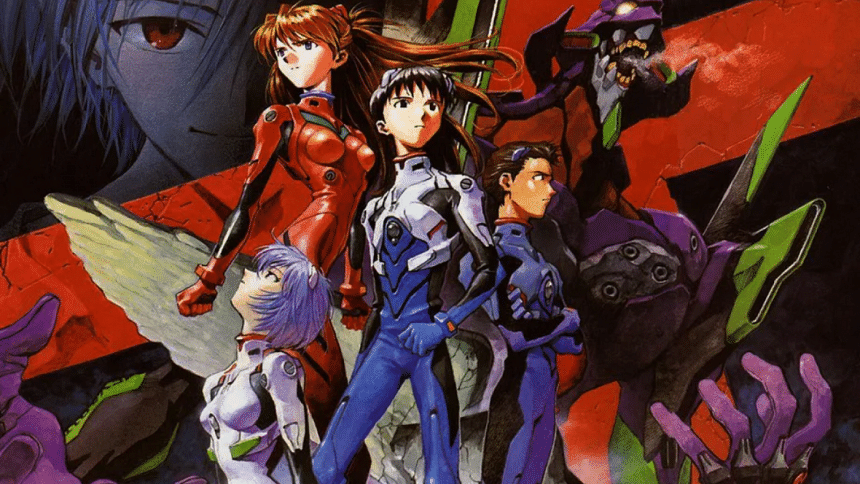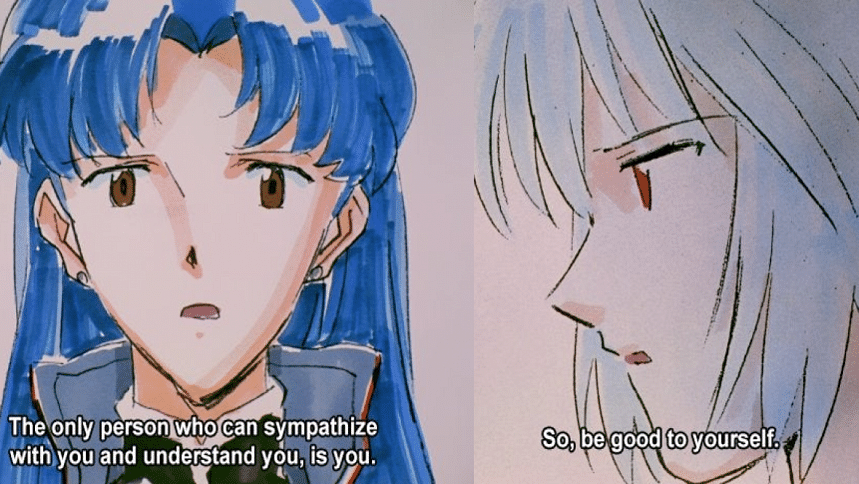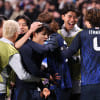How Neon Genesis Evangelion is Still Relevant

It has been more than 25 years since we were introduced to the world of Neon Genesis Evangelion.
The impact of this media can be felt today even after over two decades of its inception. Rarely do we come across such a series that remains critically acclaimed yet controversial even today. With its unique storytelling and unconventional characters, it is not surprising to find so many in awe of this flawed yet brilliant show.
Director Hideaki Anno was the visionary behind the creation of this show. His talents were splendid enough to impress Studio Ghibli's Hayao Miyazaki, landing him the opportunity to work on the film Nausicaa of the Valley of the Wind. Later on, Anno went on to co-found the popular animation studio GAINAX, and through his works, obtained the position of a premier anime director.
However, all the hard grind took a toll on his mental health, resulting in him falling into depression. At his darkest hours, he was tasked to make a show that would bring GAINAX out of its rough times.
The culmination of all these unfortunate circumstances gave birth to Anno's magnum opus, Neon Genesis Evangelion.
Anno's mental state had heavily influenced the lore of the world of Eva and the characters residing in it. The concept of mecha was not new during the 1990s when shows like Gundam were at their peak of popularity.
Where Evangelion differs in its setup is through its use of religious symbolism in establishing the incidents and phenomenons occurring within the story. The symbolism itself may not seem to have deep connotations, but it hints at the human interpretation of vagueness while adding a new dimension to the reasoning of the events taking place.
The story has its brilliant moments, but the characters are the highlights of the show. Most of the main cast come off as self-centred and unlikable, but under their crude personalities lie the reflection of their broken psyche trying to adapt to the ruthless world they live in while grasping at straws to change their current reality.
The unappealing traits of the characters are prominently portrayed in the show. Shinji acting like a cowardly and whiny brat; Asuka being annoying and condescending; Shinji's father, Gendo, forcing his orders on his son while manipulating those who trust him to fulfil his ambition; and Misato seeking refuge in questionable activities for her mental satisfaction are some of the prominent ones.
Looking past these traits, what we can see are characters that are flawed like any human being, and these flaws have been accentuated by the world around them.

Succumbing to loneliness and lacking proper upbringing, Shinji turns into a self-loathing pushover who wants to escape from the responsibilities imposed by his father. But when push comes to shove, he tries his best hoping to impress the father he hates so much. Only when he comes to terms with his flaws is he able to move on from all the hatred and self-pity.
Gendo's goals seem selfish at first glance, but they come from a place of love and desperation. However, the means to achieve the end was never his priority.
Asuka comes off as unempathetic and hostile, but inside she is insecure, very much like Shinji. Her sorrowful past brings out her insecurities, and she tries to cope with the fear of loneliness with her over extroverted attention-seeking conduct.
And thanks to these characters and the ways they have been portrayed, we manage to relate to this series and its characters, even three decades after its release.
Taking a deep dive into the development of these characters, many of us can see an image of ourselves at our lowest, how circumstances impact the difference in ideologies held by each of us. Yet, it is very difficult to feel sympathetic towards them due to their innate flaws. This makes the characters feel much more real, akin to real people who are not black or white, but a mix of both.
Escapism is something we often indulge in, even if it is for a brief period. And Evangelion speaks out against it. Existence may not be fun, but that does not mean it is not meaningful. Escaping reality will do us no good, for it will only push us towards our own destruction.
Not enjoying Neon Genesis Evangelion is just as normal as falling in love with the show on the first watch. While its vagueness hooks the audience, the overall convoluted plot can keep one scratching their head for hours.
The characters do not serve as inspirational role models like Shonen protagonists, rather they act as the embodiment of self-reflection. The ending in the anime itself leaves a lot to be desired, thus retconned twice through the movie, End of Evangelion, and the rebuild series.
In essence, Neon Genesis Evangelion is a brilliant psychoanalysis by Hideaki Anno, with sophisticated characters and plot development that are rarely seen in modern-day anime.
Mynul Karim is a recent graduate of Brac University.
Read more about movies, music, anime and pop culture on SHOUT.

 For all latest news, follow The Daily Star's Google News channel.
For all latest news, follow The Daily Star's Google News channel. 








Comments